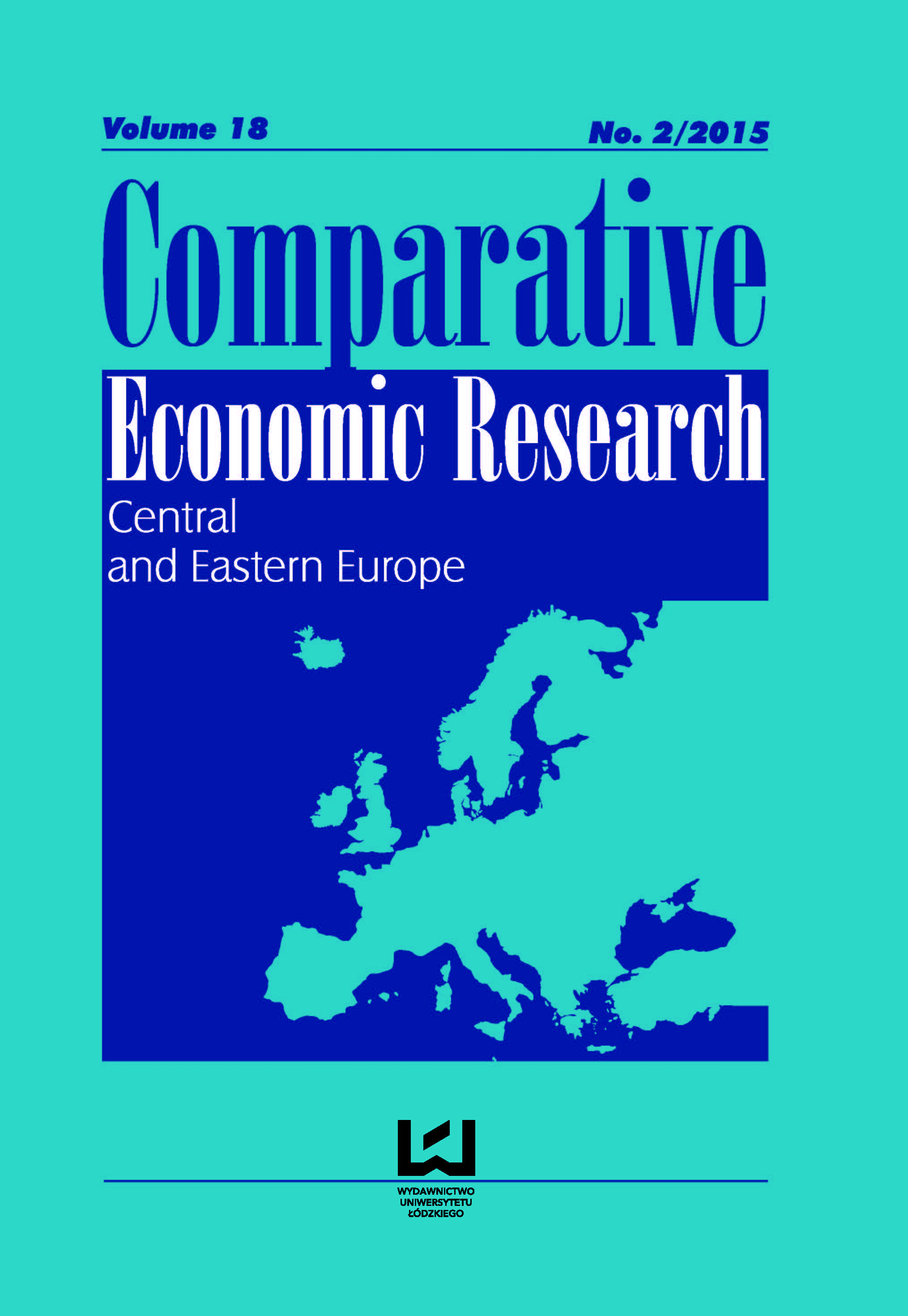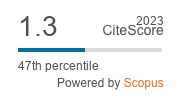The EU-Georgia Association Agreement: An Instrument To Support The Development Of Georgia Or Lip Service?
DOI:
https://doi.org/10.1515/cer-2015-0013Keywords:
Association Agreement, European Neighbourhood Policy, free trade area, EU - Georgia relationsAbstract
On 1 September 2014, the Association Agreement (AA) between the EU and Georgia partially came into force. Its main pillar is a “deep and comprehensive free trade agreement” (DCFTA). It provides for the full liberalisation of trade in industrial products and substantial reduction of barriers in agricultural trade. A significant part of the AA is devoted to the elimination of regulatory barriers to trade (e.g. technical standards). The Agreement provides for a progressive and partial liberalisation of trade in services as well as for fast and deep elimination of barriers to capital flows. The liberalisation of the movement of workers is of a very limited scope however. Provisions of the EU–Georgia AA resemble the earlier Europe Agreements (EAs) signed by the Central and Eastern European Countries, albeit there are many differences as well. It is expected that the AA will bring about a number of advantages for Georgia, including: (a) stabilisation of its economic and legal system, thus making it more predictable for investors and more business friendly; (b) alignment of many business laws to those in the EU, which will broaden the market for Georgian products and services; (c) better implementation of business laws. The short term advantages resulting from trade liberalisation will be modest for Georgia, partly because it granted open access to its market before the AA entered into force. Implementation of the Agreement will involve adjustment costs, which are usually an inevitable part of the path to increasing exports to the huge EU market.
Downloads
References
ECORYS & CASE (2012), Trade Sustainability Impact Assessment in support of negotiations of a DCFTA between the EU and Georgia and the Republic of Moldova. Final Report, Rotterdam, 27 October.
Google Scholar
Association Agreement between the European Union and the European Atomic Energy Community and their Member States, of the one part, and Georgia, of the other part, OJ L 261 of 30 August 2014.
Google Scholar
Athukorala P., Waglé S. (2013), Export Performance in Transition: The Case of Georgia, ʻWorking Papers in Trade and Developmentʼ, Australian National University, Canberra, No. 02.
Google Scholar
Dreyer I. (2012), Trade Policy in the EU’s Neighbourhood. Ways Forward for the Deep and Comprehensive Free Trade Agreements, ʻStudies and Researchʼ, Notre Europe, Paris, No. 90.
Google Scholar
Hoekman B. (2007), Regionalism and Development: The European Neighborhood Policy and Integration a la carte, ʻThe Journal of International Trade and Diplomacyʼ, Bilkent University, Ankara, Spring, No.1, vol. 3.
Google Scholar
Hamilton D.S. (2005), Transforming Wider Europe: Ten Lessons from Transatlantic-Nordic-Baltic Cooperation, ʻDanish Foreign Policy Yearbook 2005ʼ, Danish Institute for International Studies, Copenhagen.
Google Scholar
Kawecka-Wyrzykowska E. (2014), Experience of Poland’s Association Agreement, [in]: T. Szigetvari (ed.), Developing trade and trade policy relations with the European Union, ʻEast European Studiesʼ, Institute of World Economics, Centre for Economic and Regional Studies, Budapest, No. 5.
Google Scholar
Kawecka-Wyrzykowska E., Meisel S. (2014), General provisions of Europe (Association) Agreements [in]: T. Szigetvari (ed.), Developing trade and trade policy relations with the European Union, ʻEast European Studiesʼ, Institute of World Economics, Centre for Economic and Regional Studies, Budapest, No. 5.
Google Scholar
Maliszewska M. (2008), ed., Economic Feasibility, General Economic Impact and Implication of a Free Trade Agreement between the European Union and Georgia, ʻCASE Network Reportsʼ, Center for Social and Economic Research, Warsaw, No. 79.
Google Scholar
Messerlin, P, M. Emerson, G. Jandieri, A. le Vernoy (2011), An Appraisal of the EU’s Trade Policy Towards its Eastern Neighbours: The Case of Georgia, SciencesPo and Centre for European Policy Studies, Paris & Brussels, March.
Google Scholar
http://www.mfa.gov.ge/index.php?lang_id=ENG&sec_id=30&info_id=18015
Google Scholar
http://europa.eu/legislation_summaries/glossary/accession_criteria_copenhague_en.htm
Google Scholar
Downloads
Published
How to Cite
Issue
Section
License

This work is licensed under a Creative Commons Attribution-NonCommercial-NoDerivatives 4.0 International License.











